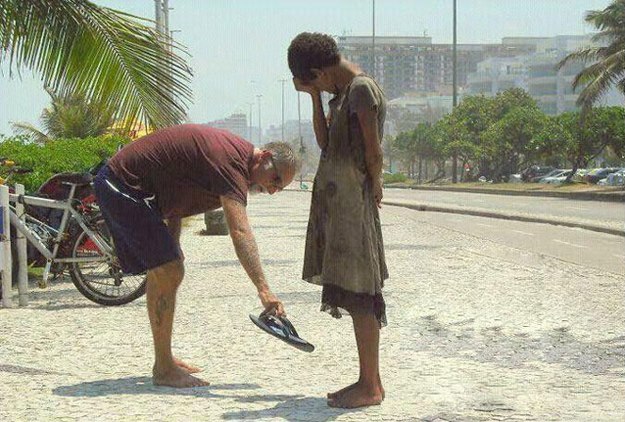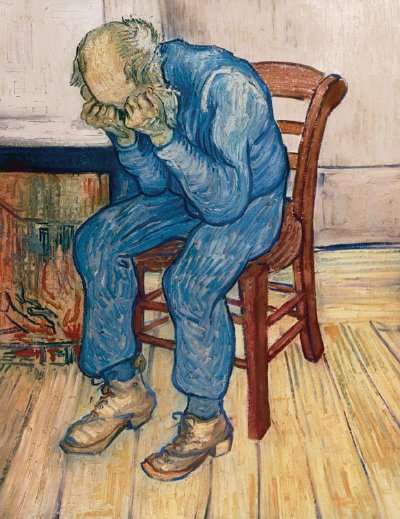Nick Cave continues to evolve into a sort of postmodern mensch, someone whose abilities and success have obliged him to dig deeper, and do more; not out of some sense of obligation or self-aggrandizement, but because he’s come to see that his talent and wherewithal for empathy and connection can do good (for others, and –here’s the secret– for himself). He tries to help others because he can and, he’s found, he wants to; he needs to. Like any ability one nurtures and respects, he’s become good at it, and this expanding capacity for kindness and insight have prompted larger capacities for engagement and solidarity.
This is inspiring on artistic and spiritual levels, obviously; but I find him a helpful antidote to so many of the soulless cultural icons of our age who, in their (paltry) defense, were inculcated to participate in a zero sum game system, believing their advantages (if they acknowledge them at all) are inherent, that their good fortune is a direct correlation of how hard they’ve worked, and that the world’s spoils are the natural prize for the taking (to be taken). These immoral cretins have always been amongst us, but it seems to me, in the 21st C –and abetted if not encouraged by our rapacious and shameless mass media– they lack the capacity to connect the dots as to why they are so unhappy, feel so lethargic and lonely, why they can’t communicate openly and honestly or establish genuine relationships (think Trump, think Musk), and rather than spend a second on self reflection (they don’t have the ability, or the interest, and mostly, there’s no money in it) they lash out and attempt to damage the world they feel has somehow slighted them; incapable of joy they lash out against the joy they see in others — these pitiful men (invariably it’s men) who have the means and opportunity to heal the world and instead retreat into themselves and dedicate their time to further damaging it.
Here’s Cave, from this week’s installment of his must-read Red Hand Files:
I don’t find the process of replying to these letters cathartic or therapeutic, although it may well have been when I started The Red Hand Files. Neither do I find writing my replies inspirational, in the sense that it does not inspire me, for example, to write a song. Mostly I see what I do as a human duty, I feel I am playing my part in what has become an ever-expanding and robustly vulnerable community of soul-barers. In this space I have come face to face with a kind of truth – a truth that has embedded itself in my life, and which demands something of me, whether I like it or not. I don’t mean that it is some kind of burden, it is anything but, for duty is often the very thing that ultimately bears the greatest rewards. To act dutifully is to acknowledge that things matter, that things have value and are worth caring for.
The Red Hand Files have become a quietly instructive influence over the way I try to live my life, which is openly and with curiosity. They are a kind of existential condition, a means by which to navigate the world, a way to be. They have also, perplexingly, brought to light a kind of ministering impulse that I am both proud of and somewhat embarrassed by. Whatever it is that is going on here at The Red Hand Files, it is a true privilege to be a part of it and I thank you all for that. It is never more than I can handle.
This provides a timely opportunity to invoke the wonderful George Saunders (speaking of empathy), whose quote on gentleness I’m always happy to invoke (speaking of his one-time writing teacher, the author Tobias Wolff): It is powerful to call your son “dear,” it is powerful to feel that the world is dear, it is powerful to always strive to see everything as dear. Toby is a powerful man: in his physicality, in his experiences, in his charisma. But all that power has culminated in gentleness. It is as if that is the point of power: to allow one to access the higher registers of gentleness.
Like many, but, sadly, not nearly enough fellow Americans, I was relieved during President Biden’s inauguration in January 2021, but I was also exhausted. As I watched, it occurred to me: among the many thoughts I’d had during the last 4-5 years, ever since that media-created fake billionaire descended a fake gold elevator to greet a supine press ready, willing, and able to exploit and elevate him, two recurred most consistently: One, that despite everything we’ve seen and imagined, there never was a bottom—the capacity to go deeper and be increasingly depraved became more than performance art and almost an existential state—possessing no shame, with cruelty the point of each perverse act, to be incapable of hitting rock bottom seems to me the essence of the man himself.
But the other thing, more simple and profoundly sad: I’ve never detected in him anything approximating joy; not in his role, in his family, in anything. Here we had the pitiful desolation of the most powerful man in the world hating every second of his tenure. T.S. Eliot presciently described “the hollow men” as an epitaph-in-advance for those (invariably males) who would make the 20th C in their empty images, but Trump—all politics, prejudice, and spectacle aside—is without doubt the most barren husk of a human being I’ve ever witnessed, demonstrably devoid of insight, humor, empathy, curiosity, lacking the foundational ability to feel anything other than a lizard-like rage—to survive by consuming and devouring. And while, as a septuagenarian, he is entirely accountable for his myriad foibles and flaws, it has long since occurred to me that he was very obviously broken at a young age. This does not remotely excuse (or adequately explain) all the mendacity, his almost sui generis hollowness, but his every public act illustrates the tragedy of a damaged man who has never known love.
Trump’s genius turned out to be the very imbecility that enabled him to connect with so many addicted to misinformation, talk-show carnival barkers, reality TV, and self-absorption as religion. His proficiency for embodying every vice defied literature, became biblical. But in order to become destroyed one had to have first been whole; as such, I think about his father, as well as the toxic culture that has bred generations of misguided men, their belligerence a mask for the frightened, unloved boys they’ve always been.
My thanks, again, to The Good Men Project, for publishing the poem I wrote that afternoon.
What Gets Heard When Men Won’t Speak
Clichés come to being initially as truths,
derived from the first source: experience;
then as memories becoming re-enactments,
handed down and forever accumulating
their own congenital weights and meanings.
Rare is the man who can say the word love
without feeling it, having never known it.
The father unable (or worse, unwilling) to say
these words to a son (or worse, a daughter) is
only partly to blame, he’s wounded by the ones
who didn’t (or worse, couldn’t) tell or teach him.
Thus we inherit a world where hardness is
inculcated and tenderness abhorrent; where
we countenance war; the atrocity of unfed babies
and grown-ups living outdoors, of those in need.
We’ve made a divine right of might, all in spite
of what could have been if those imitating acts
received as ritual had instead perceived softness;
were encouraged to find strength by seeing frailty
in others; had been taught that the more one takes
the smaller one becomes; the only hope for healing
is to purposefully give away all the precious things
those who can’t speak suffocate through silence.


